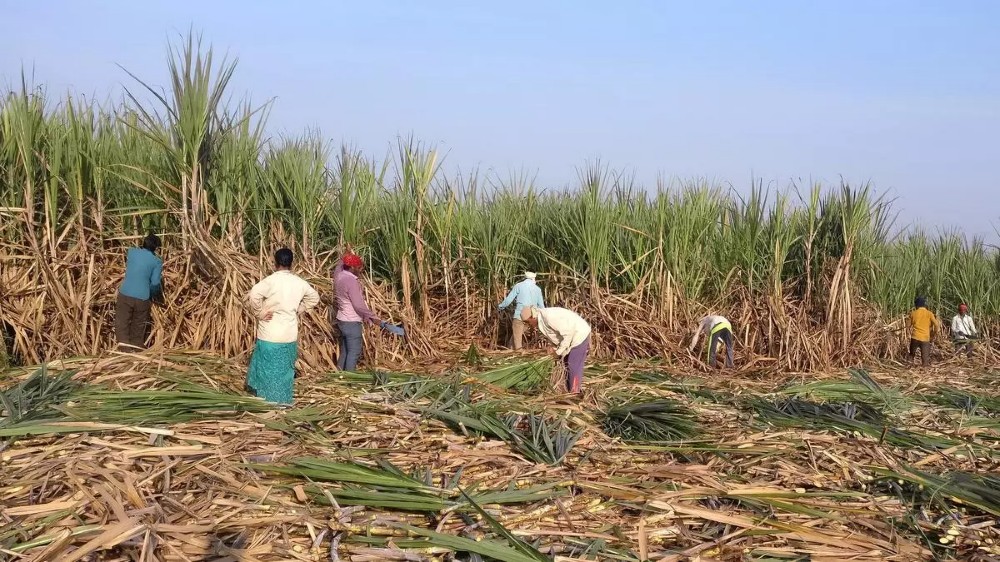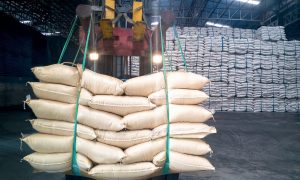Sugarcane in Maharashtra, Karnataka faces risks of deficient rain even as water levels recede

Rainfall over next 10 days are crucial for the crop, says Shree Renuka Sugars ED
Delayed monsoon coupled with reduced levels in water bodies may affect the standing sugarcane crop in Maharashtra and Karnataka, even as farmers are delaying the fresh cane planting for the 2023-24 season in these States.
“The next 10 days are crucial for the sugarcane crop in Maharashta and Karnataka. If it doesn’t rain by then, sugarcane yields are likely to be affected in these regions” said Virendra Singh, Executive Director of Shree Renuka Sugars Ltd, which operates seven sugar factories and three distilleries in these States. “Planting of sugarcane is slow. Farmers are seen delaying the planting of cane on account of inadequate water.
Grim situation
Abhijit Ghorpade, a sugar broker in Kolhapur, said the situation is grim for sugarcane in western Maharashtra. “If it doesn’t rain in the next week, there could be a damage of about 15 per cent. Once the cane crop suffers damage, it would be hard to recover,” Ghorpade said, adding that the standing crop has started drying up and farmers have started using it as fodder to feed their cattle.
Till last week, the total planted area under cane across the country stood at 49.80 lakh hectares as of June 16, an increase of less than a per cent against 49.38 lakh hectares a year ago, as per the Agriculture Ministry data.
Reservoir levels in the key cane-growing regions of North Karnataka and Maharashtra are much lower than the previous year’s levels on account of deficit rains in the season, so far. Key cane-producing districts such as Kolhapur, Belgaum, Sangli, Bagalkot, Satara and Solapur among others have witnessed deficiency in rainfall this year.
“Lack of adequate water has led to drying of cane in about 10-15 per cent of the area in Karnataka,” said Atthalli Devaraj, Secretary of Karnataka Sugarcane Cane Growers Association.
In Kalghatagi, about half of the 25,000 acres under cane has dried up this year. “It has not rained after Diwali and borewells have dried up. As a result, the standing crop is drying up,” said Uluvappa Balgeri in Kalghatgi, from where about 20 factories in North Karnataka source their cane.
















